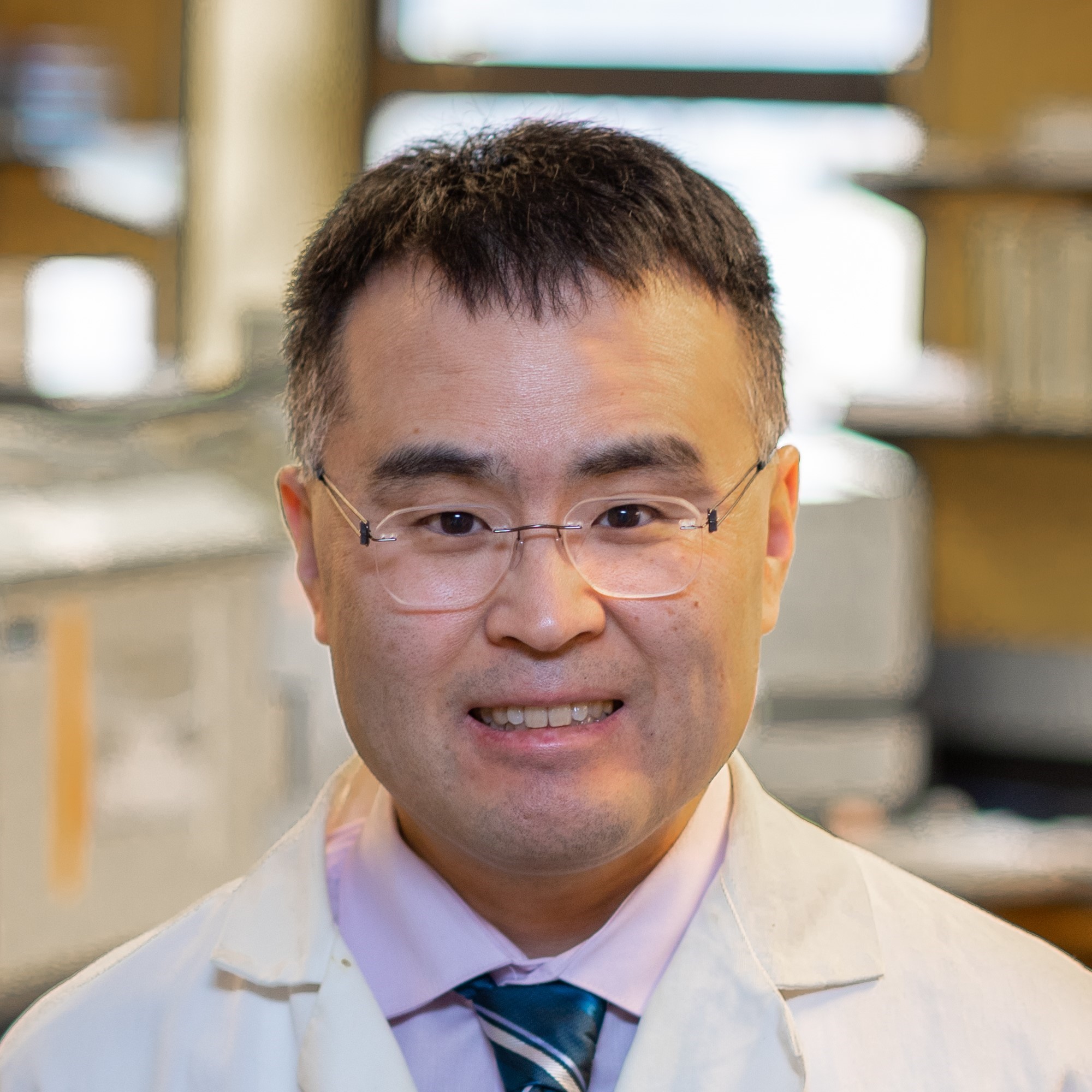Kenichi (Ken) Tamama, MD, PhD
Dr. Kenichi (Ken) Tamama is a Professor of Pathology at the University of Pittsburgh School of Medicine. As a board-certified clinical pathologist, Dr. Tamama is a member of the Division of Clinical Chemistry. He is the Director of the Toxicology Laboratory and the Director of Pathology Resident Training in Clinical Chemistry. In addition, he is the Medical Director of Clinical Pathology (CP) Informatics in the UPMC.
Dr. Tamama received both his MD and PhD from Gunma University School of Medicine and Gunma University Graduate School of Medical Sciences, respectively, in Japan. He finished his clinical pathology (laboratory medicine) residency training and a post-doctoral research fellowship at the University of Pittsburgh.
Dr. Tamama is a member of several organizations, including but not limited to, the American Association for Clinical Chemistry (AACC), the Wound Healing Society (WHS), and the Academy of Clinical Laboratory Physicians and Scientists (ACLPS).
Dr. Tamama discovered a novel and rare medical condition called urinary auto-brewery syndrome. This report was covered by more than 100 news articles internationally in multiple languages, including CNN, USA Today, Washington Post, Philadelphia Inquirer, IFL Science, Insider, Lemonde (in French), and Newsweek (Japanese version) in spring 2020.
Dr. Tamama’s current research interests include: 1.) Molecular mechanism of cellular rejuvenation upon spheroid formation in vitro; 2.) Wound repair and tissue regenerative capability of bone marrow mesenchymal stem cells; 3.) Immunomodulatory capability of bone marrow mesenchymal stem cells; 4.) Development of laboratory testing of newly emerging drugs of abuse; 5.) Pathophysiology of urinary auto-brewery syndrome; 6.) Microbiome; and 7.) Metabolome.
He is an ad hoc reviewer for over 30 publications, including Wound Repair and Regeneration, Stem Cells and Development, and American Journal of Physiology Cell Physiology, amongst others.
View a list of Dr. Tamama’s publications here.

Name: Dr. Ken Tamama
Email Address: tamamakj@upmc.edu
